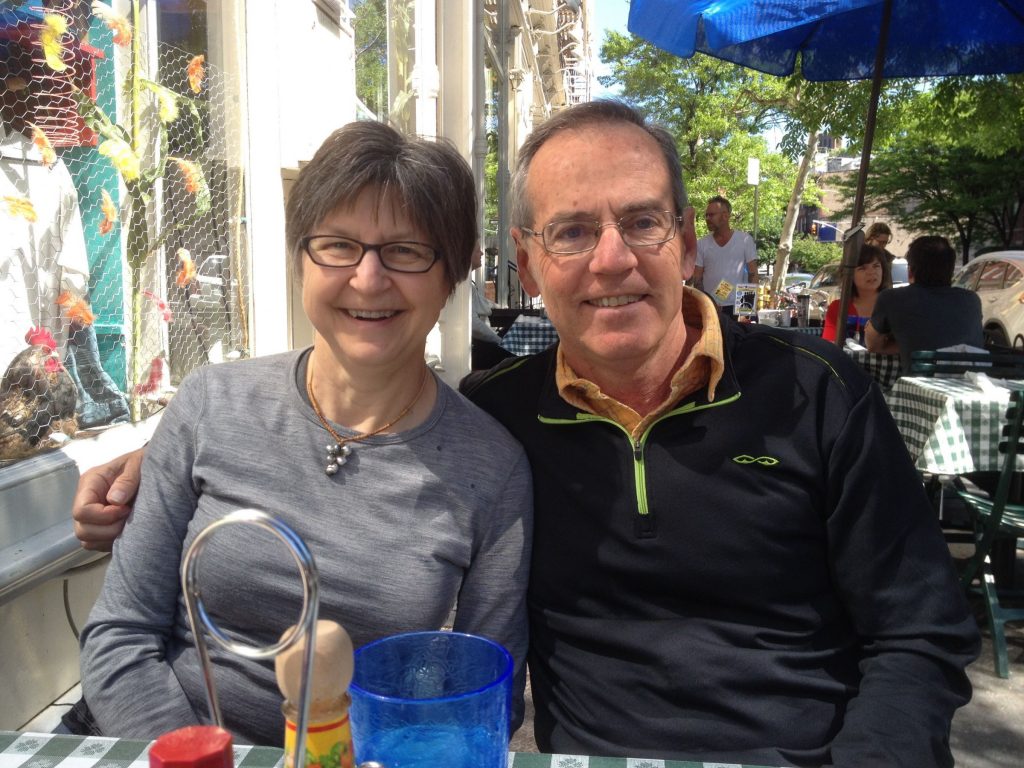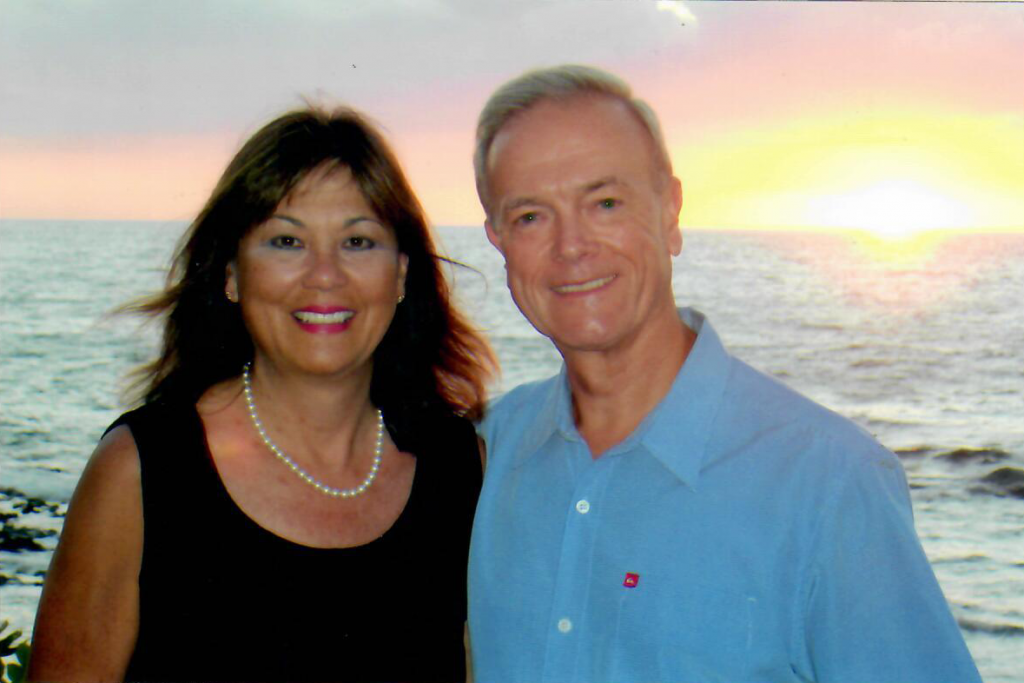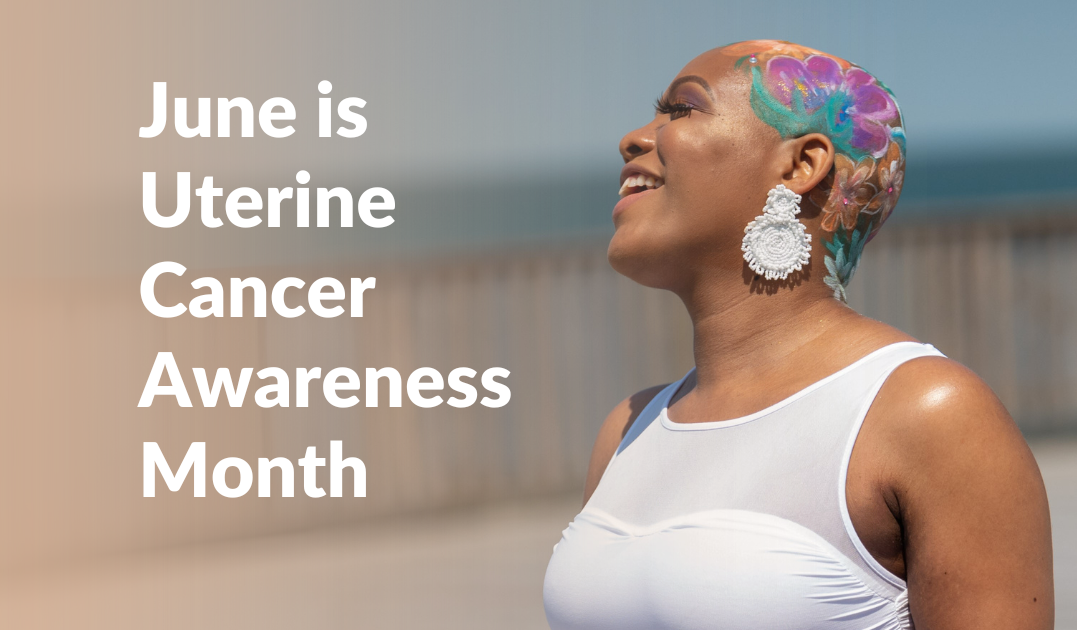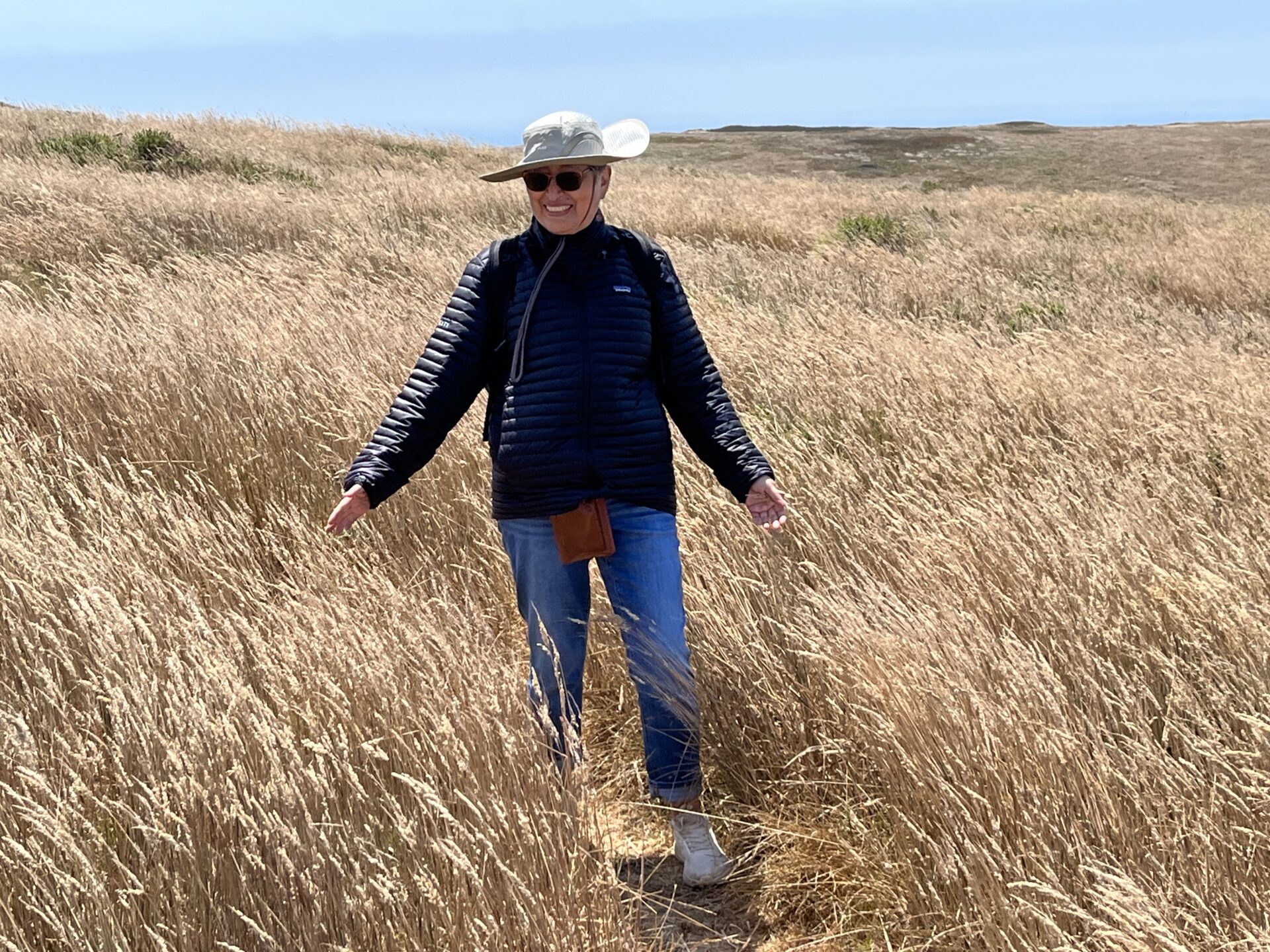When we think about ovarian cancer, or any illness, often our first instinct is to think about the patient who has been diagnosed or undergoing treatment. This is only natural, of course. And much of our work is rightly focused on improving outcomes for the patient.
But behind each patient, there may be others whose hearts, livelihoods and physical well-being are on the line, and that’s the caregivers. Whether a spouse, child, parent, sibling or dear friend, the caregiver carries an enormous load – one that often lingers well after the disease itself.
We spoke with two caregivers whose wives have passed, who now want to share the wisdom they’ve gained from the experience in order to help others facing similar challenges.
Meet Dennis and Doug
Dennis Morgan lives in Washington State, where he lived with his wife Jana. They met while both working in production management for Proctor & Gamble and were married for 34 years. Jana was a chemical engineer who loved to write and spend time in the outdoors. She passed away from ovarian cancer in November of 2017, one day after her 60th birthday.

Doug Gordon lives in a small city adjacent to Portland, Oregon. He’s a retired trial lawyer who met his wife Maida at a fitness class in their athletic club. They started chatting at the water cooler, literally, and got married a year later. Their marriage of 27 years was a life filled with fitness and travel. Maida passed in April 2019.

Advice for Cancer Caregivers
We asked Dennis and Doug what they know now that they wish they knew at the start.
Have the hard conversations.
Dennis and Jana had a friend who had overcome liver cancer and advised them to never acknowledge that Jana might not beat this. This friend had a rule in their house to never talk about cancer.
Jana said in response, “I’ve never believed that any good came from denying reality.”
Dennis is so grateful that they had those hard conversations, discussing the ‘what ifs’ on walks during chemo treatments. Because when it was clear Jana was facing the end, Dennis knew exactly who she wanted by her side. Jana put together a list of all of her online accounts and passwords, and even planned her memorial service. Jana was able to get through her list of to-dos in about a week, leaving her last 11 or 12 days for Dennis, their daughter, and Jana’s dear friend to “just be with her… and it was such a precious time,” Dennis said.
“We were able to do exactly what she wanted, and it’s been a great source of comfort all this time,” Dennis said. “It can’t happen if you don’t have those conversations. I know they are difficult, but so much good comes out of them.”
Aim for equal amounts of optimism and realism
The balance of hope and reality is a difficult dance and Doug acknowledges this. On the one hand, he stresses the importance of having those difficult conversations while your loved one is alive, “Because you’ll look back after your loved one passes with a critical eye and say, ‘If only we had talked about this. If only I had asked.’”
But he also considers it “extremely important, no matter what, to maintain one’s hope and optimism. Because it can be a dark, dark time.”
Self-care is critical
Doug describes cancer as a family disease, in that the caregiver is also under tremendous stress and suffers in his or her own way.
“I wish I would have had a better appreciation that this was going to be the most difficult experience of my lifetime,” Doug said. “That would have helped me to develop a marathoner’s mindset.”
He uses the example of oxygen masks on an airplane; caregivers need to put on their oxygen mask before they put on their child’s. “If you can’t care for yourself and be able to go the distance, then you’re really not going to be able to help your loved one.” Doug stresses the importance of relying on others and bringing extra support into your caregiving circle.
What’s the Best Way to Help a Caregiver?
Most people want to help those who are suffering from an illness, but it can be hard to know what kind of support is most helpful.
Doug is extremely grateful for the friends and neighbors who brought hot meals, did yardwork, and took him out to dinner every other week to get him out of the house and help lighten things up for just an hour. Other ways to help can include laundry and pharmacy runs.
Dennis spoke of the outreach from friends through cards and emails. “She would get a stack of cards every day, particularly in the last three weeks,” Dennis said, “and I would go through and pre-read them because there were some messages she didn’t want to hear. Things like ‘everything happens for a reason’ or ‘why you?’ That drove Jana nuts.”
But for the most part, that outreach was incredibly appreciated; just knowing that people were out there and cared.
Help for Handling Loss
Doug suggested getting books on caregiving and learning about what happens at the end of life. “I wish I had read more specific materials about death and dying and what’s involved,” Doug said, “so I could anticipate it rather than have a series of shocks. Because it is shocking, and one lives with those images.”
Doug also talks about the notion of ‘secondary loss.’ When his wife Maida passed, he found himself just as busy, if not more so, because he was on his own taking care of everything that Maida used to take care of such as the shopping and the cooking.
“Sometimes the thought is, well, the grieving person has more time [when their loved one passes],” Doug said. “That’s not the case at all. My days are 14 hours minimum.”
For Dennis, the hardest thing was while Jana was in treatment. “She just had some really tough days,” he said. “And I often felt pretty helpless in terms of how to help her though. That was the hardest thing, personally. Just wishing I knew more how to help her.”
Finding New Perspectives
Doug speaks of the gift he got through taking care of Maida, of watching out for her and being her advocate. “About the only thing that gives me any satisfaction, quite honestly, is knowing that I did everything I humanly could and that it made a real difference to my wife.”
He says he feels like he almost ended up with a minor in oncology. And while he recognizes that he may not have appreciated it at the time, he knows that giving his wife his all was a gift “like none other. And that gift will resonate for the rest of my life.”
Dennis said, “I never felt closer to Jana than I did in those last two years.” And what he’s gained since her passing is “just a real sense of longing and affection for her.” He talks about the “bittersweet memory bombs” that sneak up at unexpected times and are “both wonderful and awful.”
Seeking Support in the Hard Times
While Dennis and Doug each dealt with the loss of their loved ones in unique ways and in differing circumstances, there was one thing they both spoke of as a shared need: a support group comprised of others who can relate.
Doug acknowledges that men are sometimes reluctant to reach out for help and spoke of the time he went to OCRA’s National Conference and spent an hour in the company of men whose wives were undergoing treatment; he was the only widower.
“There was a fighter pilot, businesspeople from all walks of life,” Doug said. “And everyone expressed feeling overwhelmed and unprepared. There were tears.”
Are you a caregiver in need of support?
OCRA has resources on our website dedicated to caregivers and families. We are expanding our Woman to Woman Peer Mentor program to include caregivers so that all of our community has someone to connect with who has been there. If you would like more information about becoming a caregiver mentor or if you would like help navigating the available resources, please reach out to our Patient Support Line at 212-268-1002. And always remember, you are not alone!


